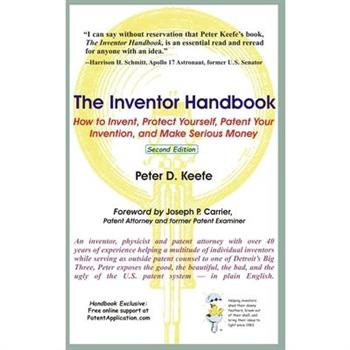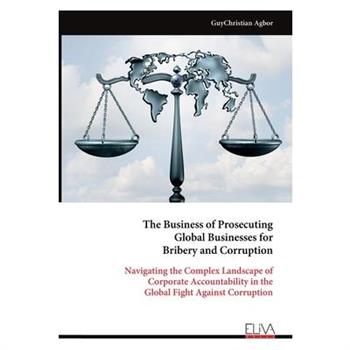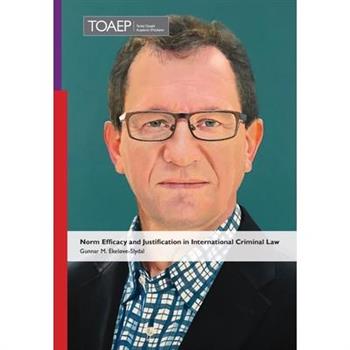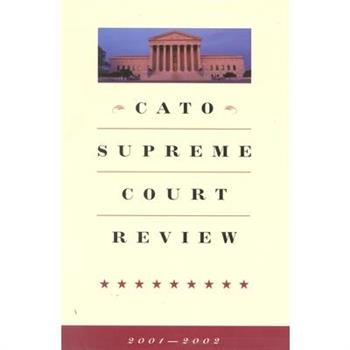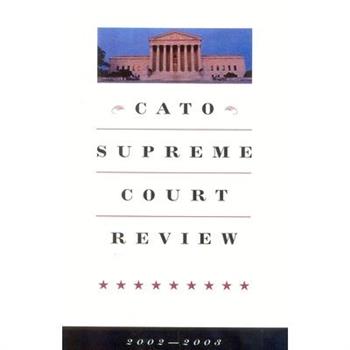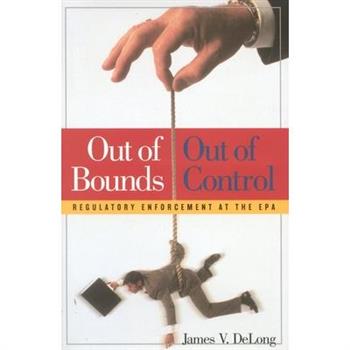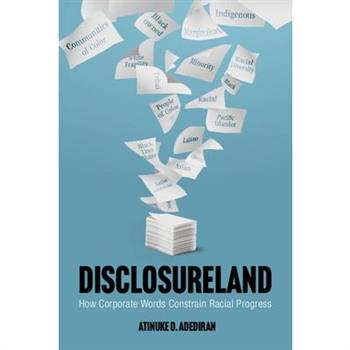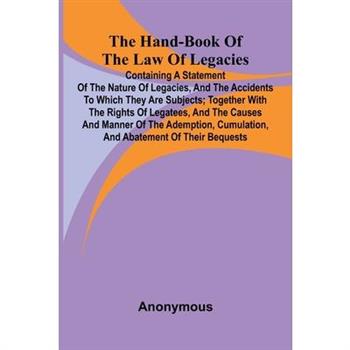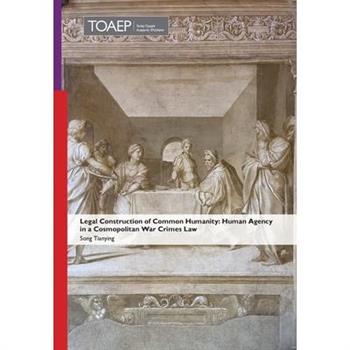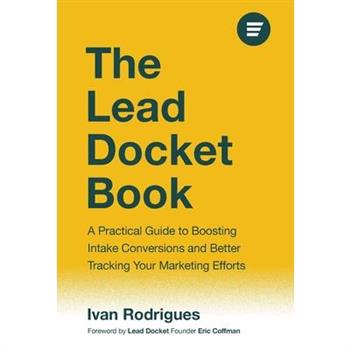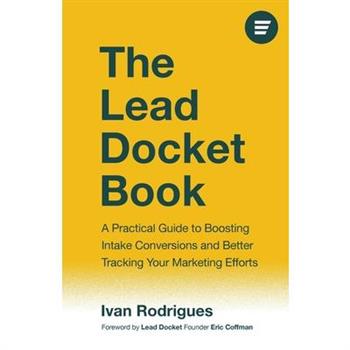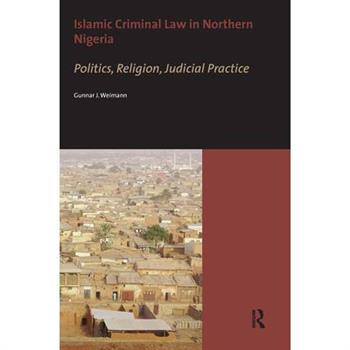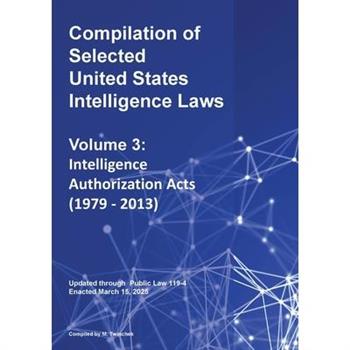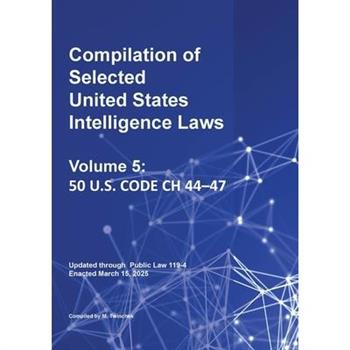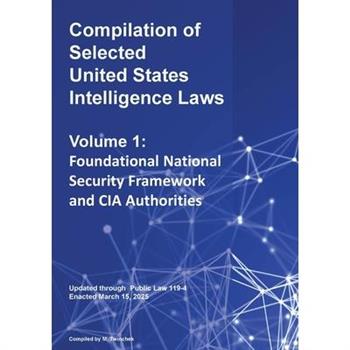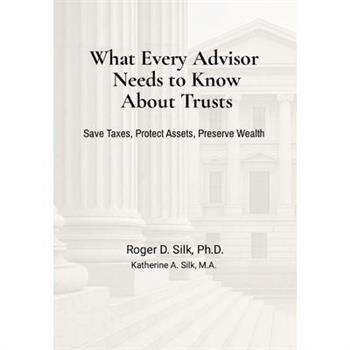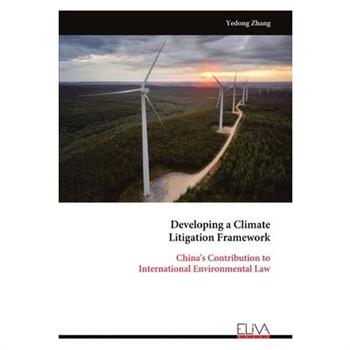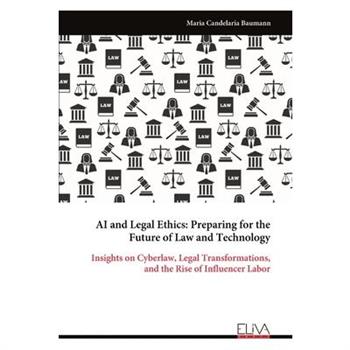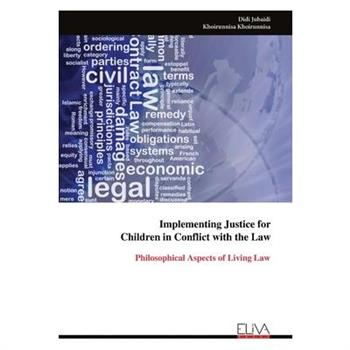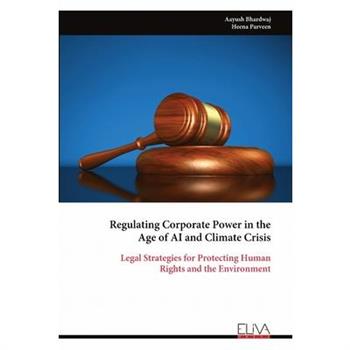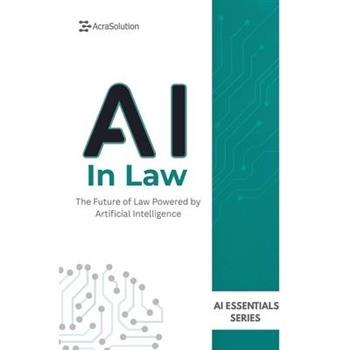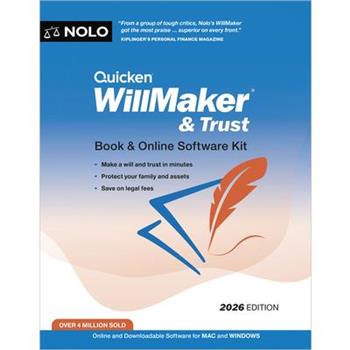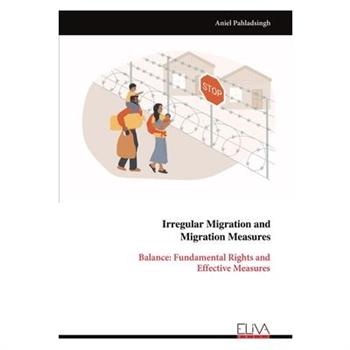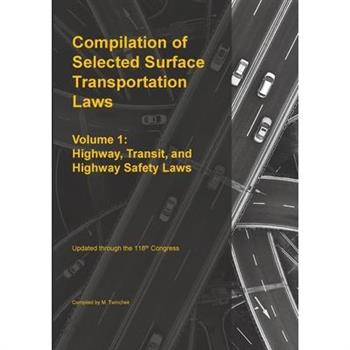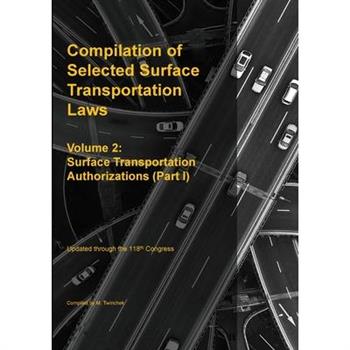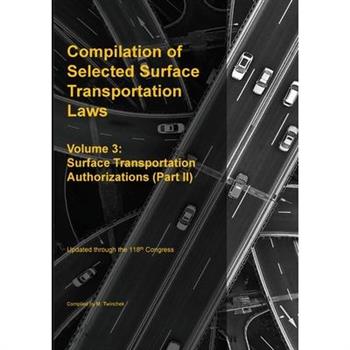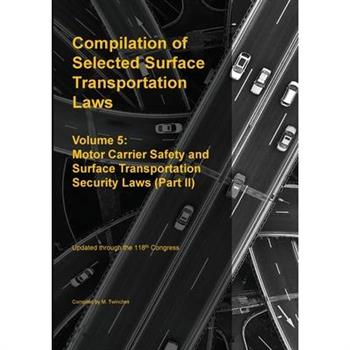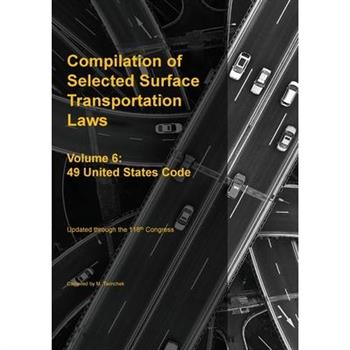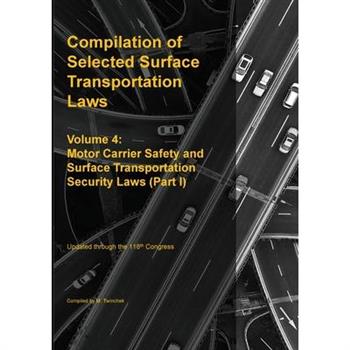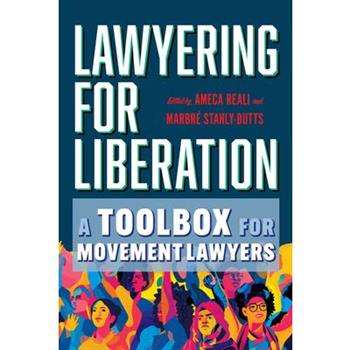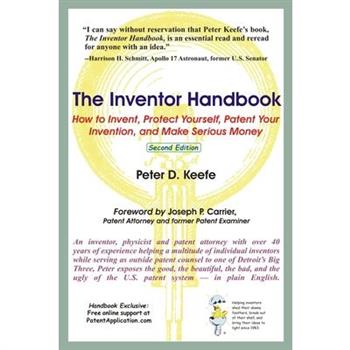Norm Efficacy and Justification in International Criminal Law
End-of-Life Decision-Making in East Asia
Pay or Fight? The Truth About Maintenance Laws in India
Quality Control in Fraud and Corruption Investigations
Legal Construction of Common Humanity
Entering the Arena
This book tells the spectacular history of women lawyers at the U.S. Attorney's Office for the Southern District of New York (SDNY). SDNY is a storied institution, the oldest federal prosecutor's office in the United States and its most renowned--and a critical player in New York City's high-stakes legal arena. But its history has been only sparsely written about, and this is the first book to share the riveting account of how SDNY's doors came to open to women lawyers. Remarkably, SDNY hired women lawyers far earlier than the Wall Street firms and other elite legal institutions. This book explores why that was. It begins in 1906 with Henry Stimson's hiring of Mary Grace Quackenbos, the very first woman to hold an Assistant title anywhere in the Department of Justice. It continues with the SDNY women lawyers who intrepidly entered the arena throughout the Roaring Twenties, the Great Depression, and World War II, and who overcame the strict social conformities of the 1950s, when women who entered the law were seen as social "deviants." It tells the previously untold full story of how women challenged the SDNY blockade of the 1960s that prevented them from serving as criminal prosecutors. And it culminates in the 1970s--when that blockade came down and the door to women's entry was irrevocably blown off the hinges. Those SDNY women of the 70s went on to transform the bench and bar. Throughout, this book dissects and examines the close connection between SDNY's hiring of women and its legacy of nonpartisan leadership, which is what drove SDNY's emergence as an important American institution in the twentieth century and beyond.
The Lead Docket Book
Market smarter. Convert faster. Lead better.Is there more you can do to leverage Lead Docket in your law firm? Are you tapping into only a fraction of what's possible? Are leads slipping through the cracks?It's time to eliminate doubt, maximize output, and fully harness the power of Lead Docket.Whether you're kicking the tires on a new system or want to turbocharge a current one, The Lead Docket Book by Ivan Rodrigues is your roadmap to mastering intake and marketing management. This practical, step-by-step guide shows how to fully unlock the power of Lead Docket to streamline workflows, boost conversions, and leave competitors in the rearview mirror. Packed with actionable tips and proven methods drawn from extensive experience with law firms of every size and specialty, The Lead Docket Book is the definitive manual for anyone serious about optimizing their firm's success.
The Lead Docket Book
Market smarter. Convert faster. Lead better.Is there more you can do to leverage Lead Docket in your law firm? Are you tapping into only a fraction of what's possible? Are leads slipping through the cracks?It's time to eliminate doubt, maximize output, and fully harness the power of Lead Docket.Whether you're kicking the tires on a new system or want to turbocharge a current one, The Lead Docket Book by Ivan Rodrigues is your roadmap to mastering intake and marketing management. This practical, step-by-step guide shows how to fully unlock the power of Lead Docket to streamline workflows, boost conversions, and leave competitors in the rearview mirror. Packed with actionable tips and proven methods drawn from extensive experience with law firms of every size and specialty, The Lead Docket Book is the definitive manual for anyone serious about optimizing their firm's success.
Islamic Criminal Law in Northern Nigeria
In 2000 and 2001, twelve northern states of the Federal Republic of Nigeria introduced Islamic criminal law as one of a number of measures aiming at "reintroducing the shari'a." Immediately after its adoption, defendants were sentenced to death by stoning or to amputation of the hand. Apart from a few well publicised trials, however, the number and nature of cases tried under Islamic criminal law are little known. Based on a sample of trials, the present thesis discusses the introduction of Islamic criminal law and the evolution of judicial practice within the regions historical, cultural, political and religious context. The introduction of Islamic criminal law was initiated by politicians and supported by Muslim reform groups, but its potential effects were soon mitigated on higher judicial levels and aspects of the law were contained by local administrators.
Out of Place?
In transforming deprived areas into great places to live much attention has been given to the physical, social and economical aspects of deprivation. However, little is known about the relationship between deprivation and emotional ties: What makes residents in deprived areas feel at home in their neighbourhood?In this PhD thesis Peter van der Graaf focused on the emotional ties of residents to their neighbourhood and researched how these ties are affected by urban renewal. He also compares practices between the Netherlands and the United Kingdom, where the emotions of residents are considered more in urban renewal.
Illegal Residence and Public Safety in the Netherlands
Ocean Governance and Conflict in the East and South China Sea
This book tells the story of the negotiations between China, Japan, Taiwan, the Philippines, Vietnam and other Southeast Asian countries about the East and South China Sea disputes. Tapping into formerly classified and newly available primary sources, the book meticulously tracks these negotiations and their sudden U-turns. It is a story about the promises and perils of cooperation - as much about pragmatic, gradual and surprisingly resilient approaches to conflict resolution and ocean governance as it is about the expansion of states' bargaining power through institutions. The book hinges on the question of when and why disputing parties reach agreement on joint oil and gas development, fisheries and codes of conduct, and when and why negotiations end in impasse. It is the first comprehensive and theoretically informed study of decades-long dispute settlement efforts in a central region of the Indo-Pacific where the expansion of China challenges the law of the sea and regional security.
Compilation of Selected United States Intelligence Laws Vol. 3
A new five-volume reference set is now available, presenting a definitive compilation of U.S. intelligence and national security statutes. Designed for scholars, practitioners, and policy analysts, this series provides authoritative texts with uniform formatting and precise statutory citations.Volume 3 - Intelligence Authorization Acts, 1979-2012 (550 pages)A complete historical record of annual intelligence authorization statutes over three decades, documenting congressional oversight and the evolution of U.S. intelligence policy.Authorization Act for Fiscal Year 1979Intelligence and Intelligence-Related Activities Authorization Act for Fiscal Year 1980Intelligence Authorization Act for Fiscal Years1981 - 1987Intelligence Authorization Act, Fiscal Years 1988 - 1990Intelligence Authorization Act for Fiscal Years 1991 - 2013This series offers a reliable resource for legal research, academic study, and policy analysis, consolidating critical national security legislation into a single, carefully edited collection.
Compilation of Selected United States Intelligence Laws Vol. 5
A new five-volume reference set is now available, presenting a definitive compilation of U.S. intelligence and national security statutes. Designed for scholars, practitioners, and policy analysts, this series provides authoritative texts with uniform formatting and precise statutory citations.Volume 5 - Title 50 of the United States Code (536 pages) An integrated presentation of 50 U.S.C. Chapters 44-47, the core statutory framework governing national security and intelligence activities.This series offers a reliable resource for legal research, academic study, and policy analysis, consolidating critical national security legislation into a single, carefully edited collection.
Compilation of Selected United States Intelligence Laws Vol. 1
What Every Advisor Needs to Know About Trusts
If you advise high net worth investors and you have not studied the field of trusts, you are likely to find considerable value in gaining an increased understanding and appreciation of trusts, and what they can do for high net worth families.The purpose of this book is to provide readers with enough knowledge to be informed about the uses of trusts and some of the problems trusts can solve.Neither this book, nor any single book, will make you an expert. But you don't have to be an expert in trusts to benefit from using them, any more than you have to be an expert airplane mechanic to travel by air.If you need to drive a nail, a hammer is usually the best tool. But if you need to drive a screw, you'll be much better off with a screwdriver.To accomplish goals efficiently and effectively, it's usually best to use the right tool. And unless the problems are very simple, it's usually best to have the tool in the hands of an expert.This book discusses a wide range of problems for which trust tools and solutions have been developed. Among the main categories of problems for which trust tools exist are: Taxes: Reducing, Avoiding, and Deferring Asset Protection: Protecting Assets from Potential CreditorsControl: Managing and Controlling Cash FlowsAccess: Managing and Controlling Access to Cash and AssetsLegacy: Providing for Current and Future GenerationsThe concept of a trust as we know it in the United States originated in England, perhaps as long as a thousand years ago. The law of trusts is largely restricted to the English-speaking world, and places where the influence of the English common law was and is strong. In Louisiana, a state whose legal system is originates in the Napoleonic Code, trusts were not recognized until the state enacted legislation specifically recognizing trusts. Quebec in Canada has done something similar. In most of the world, trusts remain a relatively foreign concept. But if you're reading this, chances are good that you live in a country that recognizes trusts, or that you're a US citizen. If you're a US citizen, regardless of where you live you need to concern yourself with the effect of US laws on family wealth.Trusts have been used by wealthy families for centuries. But since the introduction of the income tax and the estate tax in the United States in 1916, trusts have become increasingly important vehicles for the preservation and growth of wealth.This book is aimed at Americans, and the great majority of the material concerns US laws, and the use of trusts in a US context.
Developing a Climate Litigation Framework
This book examines the emerging field of climate litigation in China, proposing a comprehensive legal framework to address climate change and support the country's "dual carbon" goals of carbon peaking and carbon neutrality. Although the concept of climate litigation is not yet fully established in China, this research emphasizes the importance of localizing climate litigation to create a robust system that aligns with international environmental law standards. The study draws on global experiences, including practices in the U.S., Europe, and Hong Kong, highlighting the need for a multi-level legal framework that integrates both mitigation and adaptation measures. The proposed system seeks to address China's domestic climate challenges while contributing to global climate justice efforts. By incorporating rights and obligations into the legal system, the book presents innovative solutions for holding both government and corporations accountable for their roles in climate change. This research aims to enhance China's legal capacity to manage climate risks, foster sustainable development, and support international climate commitments. The proposed framework not only serves China's needs but also provides valuable insights for other nations pursuing climate justice.
AI and Legal Ethics
The book addresses the ethical recommendations to best practices of artificial intelligence, understood as one of the fundamental application tools for the global labor force in the future. In this regard, lawyers using technology with artificial intelligence will have to make sure of the contents of the documents before appearing in court. Compiles some of legal transformations that weigh on the advance of new technologies in Latin America and Europe. One chapter deals with influencer activity as an emerging labor force. The Cyberlaw is constantly evolving.
Implementing Justice for Children in Conflict with the Law
The process of juvenile criminal justice has demonstrated how the law operates, still adhering to syllogism principles, a legalistic perspective of the law, and equating law with legislation. This type of research is normative legal research using a philosophical, theoretical, and conceptual approach. The research was conducted in the provinces of Bali. This paper provides insights into the latest trends in research. The research findings indicate that the essence of customary criminal sanctions is significantly influenced by the values prevailing in society as a cultural value system and is also influenced by philosophical and sociological aspects. Similarly, for various cultures, tribes, and customary practices, the application of customary criminal sanctions varies greatly based on specific variables. In Indonesia's traditional legal system of local communities, better known as customary law, the tendency of customary sanctions leans towards a restorative meaning. Meanwhile, the formation of practical law is oriented towards legal principles, as law is not merely a structure of regulations but also embodies philosophical values. Hence, it is only fitting that legal regulations encompass a section capable of transmitting philosophical values, and that section is the legal principles.
Regulating Corporate Power in the Age of AI and Climate Crisis
As the world grapples with an era of geopolitical upheaval, technological disruption, and deepening economic interdependence, Regulating Corporate Power in the Age of AI and Climate Crisis: Legal Strategies for Protecting Human Rights and the Environment presents a profound inquiry into the evolving architecture of law and governance. It meticulously dissects the intricate nexus between state sovereignty, transnational legal frameworks, and the ever-expanding frontiers of human rights, offering a comprehensive examination of how law both constructs and is constructed by global power dynamics. This book navigates the shifting contours of international law, from the historical evolution of human rights jurisprudence to the contemporary complexities of corporate mergers, institutional arbitration, and digital governance. It interrogates the tensions between national legal autonomy and the imperatives of global governance, shedding light on the challenges posed by economic stratification, climate change litigation, and the ethical dilemmas emerging from artificial intelligence's incursion into the legal sphere. Engaging in a comparative legal analysis, Regulating Corporate Power in the Age of AI and Climate Crisis: Legal Strategies for Protecting Human Rights and the Environment unpacks the mechanics of fast-track mergers, the nuances of intellectual property law, and the increasingly contentious domain of cross-border dispute resolution. It scrutinizes the resilience of legal institutions in an age where automation, big data, and algorithmic decision-making are redefining the practice and enforcement of law. With a critical lens, it explores how courts, legislatures, and supranational bodies navigate the intricate interplay between policy, power, and the enduring principles of justice. Essential reading for legal scholars, policymakers, and practitioners, this book is a compelling treatise on the jurisprudential forces sculpting the 21st century. As we stand at the precipice of a transformative epoch, Regulating Corporate Power in the Age of AI and Climate Crisis offers a visionary perspective on the global governance.
AI in Law
AI in Law: Transforming Legal Research, Contracts, and Justice is your practical, accessible guide to understanding how artificial intelligence is reshaping the legal profession today-and what it means for tomorrow. Part of the acclaimed AI Essentials Series, this book gives legal professionals, students, compliance officers, and business leaders the roadmap they need to thrive in a world where AI is no longer optional, but essential.Artificial Intelligence is rapidly transforming industries, and the legal field-traditionally resistant to change-is now entering a profound era of innovation. From contract analysis to predictive justice, AI tools are streamlining processes, improving accuracy, and opening new opportunities for efficiency and access to justice. Yet, with these advancements come critical questions about ethics, accountability, and the role of human judgment.Inside this book, you'll discover: AI in Legal Research: How natural language processing and semantic search are transforming case law analysis, precedent prediction, and due diligence.Contract Analysis & Management: AI-driven tools for reviewing, drafting, redlining, and managing the full lifecycle of legal agreements, including the rise of blockchain-powered smart contracts.Litigation & Predictive Justice: How machine learning models can forecast case outcomes, streamline e-discovery, and enhance dispute resolution.Compliance & Regulation: Practical insights into how AI supports anti-money laundering (AML), GDPR, CCPA, corporate governance, and risk management.Ethical & Social Implications: Bias, privacy, unauthorized practice of law, and the ongoing debate around "AI lawyers."The Future of Legal Practice: Emerging career paths, new roles for lawyers, and the evolving balance between human expertise and machine intelligence.Written in clear, accessible language, this book avoids unnecessary jargon while providing deep, actionable insights. Whether you are an attorney seeking to modernize your practice, a law student preparing for the future, or a business leader navigating compliance challenges, AI in Law equips you with the knowledge to harness AI responsibly, ethically, and strategically.By the end, you'll understand not only the technologies driving this transformation-natural language processing, machine learning, predictive analytics, and generative AI-but also the opportunities and risks they bring to legal systems worldwide. You'll learn how to separate hype from reality and gain the confidence to apply AI tools in a way that enhances-not replaces-your professional judgment.If you want to future-proof your legal career, improve efficiency, and lead with innovation, AI in Law (AI Essentials Series) is the book you need.
Raising the Bar
From Ponce de Le籀n through 1999: Present: A Judicial History of Indian River County, FloridaThis comprehensive volume offers an in-depth chronicle of the legal and judicial development of Indian River County, Florida, tracing its evolution from the earliest days of European exploration to the modern court system in place today. Beginning with the era of Spanish exploration-including Ponce de Le籀n's fabled landing-the book explores how legal authority was first asserted and administered in the region that would eventually become Indian River County.Through carefully researched narratives and archival discoveries, this work follows the shifting boundaries, jurisdictions, and government structures that preceded the formation of Indian River County in 1925, including its time under the governance of larger parent counties such as St. Lucie and Brevard. It examines how the region's legal framework responded to and reflected broader historical trends, such as Florida's territorial days, statehood, the Civil War, Reconstruction, and the economic development of the Treasure Coast.A significant focus is given to the often-overlooked roles of local justices of the peace and municipal courts-institutions now abolished but once a part of maintaining civil order and resolving disputes in small towns and rural areas. These chapters delve into interesting anecdotes, actual cases, and the biographies of the judges who shaped the local interpretation of law over the decades.Presented primarily in chronological order, the book details how the judicial system matured-from early frontier-style justice to today's structured court circuits-while also offering biographical sketches of notable judges and legal figures who left a lasting impact on the community. Courtroom tales, legal controversies, and the evolution of judicial procedure are all woven into a narrative that makes legal history accessible and engaging to both scholars and general readers.This is more than a record of courthouses and case law-it's a reflection of a community's journey through governance, conflict, and resolution, told through the lens of the rule of law.
Compilation of Selected Surface Transportation Laws Vol 1
This series brings together the foundational statutes and authorizations that govern U.S. highways, transit, motor carrier safety, and surface transportation security. Each volume is carefully organized to provide legal professionals, policymakers, and researchers with direct access to the legislative framework shaping America's transportation system.Volume 1: Highway, Transit, and Highway Safety LawsTitle 23 U.S.C. - HighwaysTitle 49 U.S.C. - Transportation, Chapter 23 of Subtitle IIITitle 26 U.S.C. - Internal Revenue CodeTitle 40 U.S.C. - Public Buildings, Property, and WorksTogether, these six volumes provide an authoritative and accessible foundation for understanding the statutory framework of U.S. surface transportation policy - from highways and transit to safety, security, and infrastructure investment.
Compilation of Selected Surface Transportation Laws Vol 2
This series brings together the foundational statutes and authorizations that govern U.S. highways, transit, motor carrier safety, and surface transportation security. Each volume is carefully organized to provide legal professionals, policymakers, and researchers with direct access to the legislative framework shaping America's transportation system.Volume 2: Surface Transportation Authorizations (Part I)Moving Ahead for Progress in the 21st Century Act (MAP-21)Safe, Accountable, Flexible, Efficient Transportation Equity Act: A Legacy for Users (SAFETEA-LU)Transportation Equity Act for the 21st CenturyTogether, these six volumes provide an authoritative and accessible foundation for understanding the statutory framework of U.S. surface transportation policy - from highways and transit to safety, security, and infrastructure investment.
Compilation of Selected Surface Transportation Laws Vol. 3
This series brings together the foundational statutes and authorizations that govern U.S. highways, transit, motor carrier safety, and surface transportation security. Each volume is carefully organized to provide legal professionals, policymakers, and researchers with direct access to the legislative framework shaping America's transportation system.Volume 3: Surface Transportation Authorizations (Part II)Fixing America's Surface Transportation ActNational Highway System Designation Act of 1995Intermodal Surface Transportation Efficiency Act of 1991Surface Transportation and Uniform Relocation Assistance Act of 1987Balanced Budget and Emergency Deficit Control Act of 1985Americans with Disabilities Act of 1990Think Differently Transportation ActClean Air ActUniform Relocation Assistance and Real Property Acquisition Policies Act of 1970Consolidated Appropriations Act, 2016Together, these six volumes provide an authoritative and accessible foundation for understanding the statutory framework of U.S. surface transportation policy - from highways and transit to safety, security, and infrastructure investment.
Compilation of Selected Surface Transportation Laws Vol 5
This series brings together the foundational statutes and authorizations that govern U.S. highways, transit, motor carrier safety, and surface transportation security. Each volume is carefully organized to provide legal professionals, policymakers, and researchers with direct access to the legislative framework shaping America's transportation system.Volume 5: Motor Carrier Safety and Surface Transportation Security Laws (Part II)Infrastructure Investment and Jobs ActI-27 Numbering Act of 2023Fiscally Responsible Highway Funding ActTogether, these six volumes provide an authoritative and accessible foundation for understanding the statutory framework of U.S. surface transportation policy - from highways and transit to safety, security, and infrastructure investment.
Compilation of Selected Surface Transportation Laws Vol 6
This series brings together the foundational statutes and authorizations that govern U.S. highways, transit, motor carrier safety, and surface transportation security. Each volume is carefully organized to provide legal professionals, policymakers, and researchers with direct access to the legislative framework shaping America's transportation system.Volume 6: 49 United States Code 49 U.S.C.-TransportationTogether, these six volumes provide an authoritative and accessible foundation for understanding the statutory framework of U.S. surface transportation policy - from highways and transit to safety, security, and infrastructure investment.
Compilation of Selected Surface Transportation Laws Vol. 4
This series brings together the foundational statutes and authorizations that govern U.S. highways, transit, motor carrier safety, and surface transportation security. Each volume is carefully organized to provide legal professionals, policymakers, and researchers with direct access to the legislative framework shaping America's transportation system.Volume 4: Motor Carrier Safety and Surface Transportation Security Laws (Part I)Motor Carrier Safety Improvement Act of 1999ICC Termination Act of 1995Safety of Cross-Border Trucking Between the United States and MexicoTitle 18 U.S.C. - Crimes and Criminal ProcedureREAL ID Act of 2005Trucking Security ProvisionsCoronavirus Aid, Relief, and Economic Security (CARES) ActConsolidated Appropriations Act, 2021Together, these six volumes provide an authoritative and accessible foundation for understanding the statutory framework of U.S. surface transportation policy - from highways and transit to safety, security, and infrastructure investment.
Lawyering for Liberation
This fiery manifesto provides a concrete action plan for legal professionals and activists advancing Black liberation and transformative social change. Revolutions happen in the streets, not in courtrooms. But in the struggle against systems increasingly designed to perpetuate inequality and benefit those in power, lawyers must do their part. As leaders from the acclaimed movement lawyering and advocacy organization Law for Black Lives, editors Marbr矇 Stahly-Butts and Ameca Reali have spent years on the front lines of transformative social change. With Lawyering for Liberation, they offer concrete tools for fellow legal workers and lawyers working to achieve a just future. Grounded in the politics of abolition, Black queer feminism, and anticapitalism, this approachable how-to guide distills key concepts of movement lawyering and assembles advice from dozens of lawyers, legal workers, and organizers in areas like jail and bail support, stop-and-frisk litigation, protester defense, reparations, family law, housing, and more. The result is not just a manual for resistance but an urgent call to join the movement.
The Inventor Handbook
"I can say without reservation that Peter Keefe's book, The Inventor Handbook, is an essential read and reread for anyone with an idea."-- Harrison H. Schmitt, Apollo 17 AstronautWhy is The Inventor Handbook an essential read and reread for anyone with an idea?Because it will teach YOU: the art of transforming an idea into an invention;the strategies of converting an invention into a commercially valuable patent; andthe tactics of bringing an invention to market with the aim to make serious money.Written in an easy-to-read style by a patent attorney with over 40 years of experience, its tons of examples include the Author's own patent application for his invention, the "Thawometer," which matured into U.S. Patent 9,410,730. Novice and seasoned inventors alike will find The Inventor Handbook a treasure-trove of how-to information. You'll know what your patent attorney needs to do for you to succeed.Part I, Inventing, explores the subtleties of the process: how ideas originate, what characterizes a good idea, and how to turn that good idea into a perfected invention. To help you along the way, topics include the searching of prior art, assertions of co-inventorship, and claims of ownership by an employer.Chapter 1: Catching an IdeaChapter 2: Idea to InventionChapter 3: SearchingChapter 4: Invention PerfectionChapter 5: Ownership IssuesPart II, Patenting, explains the arcane formalities necessary to obtain a patent. You'll understand what a patent is and is not; how the U.S. Patent Office works and how it fits into the international patent system; why patent applications are written according to a time tested standard; exactly what a patent claim is and how claims define the extent of your patent protection; how to find a patent attorney, know how to work with him/her and be on the lookout for practice, procedure and billing irregularities; and finally, the tricks, strategies and maneuvers that can win you a patent.Chapter 1: Patents OverviewChapter 2: The Patent OfficeChapter 3: Patent AttorneysChapter 4: Patent ApplicationsChapter 5: Patent ProsecutionPart III, Marketing, reveals how to make money from your invention. Understanding the economic merits of your invention and recognizing how it fits into the marketplace is a challenge, but an achievable one. How this essential knowledge is then parlayed into a manufacturer match is key. You'll learn how to approach a prospect and navigate the maxims of marketing.Chapter 1: How to Sell Your InventionChapter 2: Types of DealsChapter 3: Business EntitiesChapter 4: The Ten Maxims of MarketingChapter 5: Invention Marketing FirmsEpilogue: Marketing of the Thawometer
The Sing Sing Files
An NBC Dateline producer's cinematic account of his two-decade journey navigating the broken criminal justice system to help free six innocent men In 2002, Dan Slepian, a veteran producer for NBC's Dateline, received a tip from a Bronx homicide detective that two men were serving twenty-five years to life in prison for a 1990 murder they did not commit. Haunted by what the detective had told him, Slepian began an investigation of the case that eventually resulted in freedom for the two men and launched Slepian on a two-decade personal and professional journey into a deeply flawed justice system fiercely resistant to rectifying--or even acknowledging--its mistakes and their consequences. The Sing Sing Files: One Journalist, Six Innocent Men, and a Twenty-Year Fight for Justice is Slepian's account of challenging that system. The story follows Slepian on years of prison visits, court hearings, and street reporting that led to a series of powerful Dateline episodes and eventually to freedom for four other men and to an especially deep and lasting friendship with one of them, Jon-Adrian "JJ" Velazquez. From his cell in Sing Sing, JJ aided Slepian in his investigations until his own release in 2021 after decades in prison. Like Bryan Stevenson's Just Mercy, The Sing Sing Files is a deeply personal account of wrongful imprisonment and the flaws in our justice system, and a powerful argument for reckoning and accountability. Slepian's extraordinary book, at once painful and full of hope, shines a light on an injustice whose impact the nation has only begun to confront.







